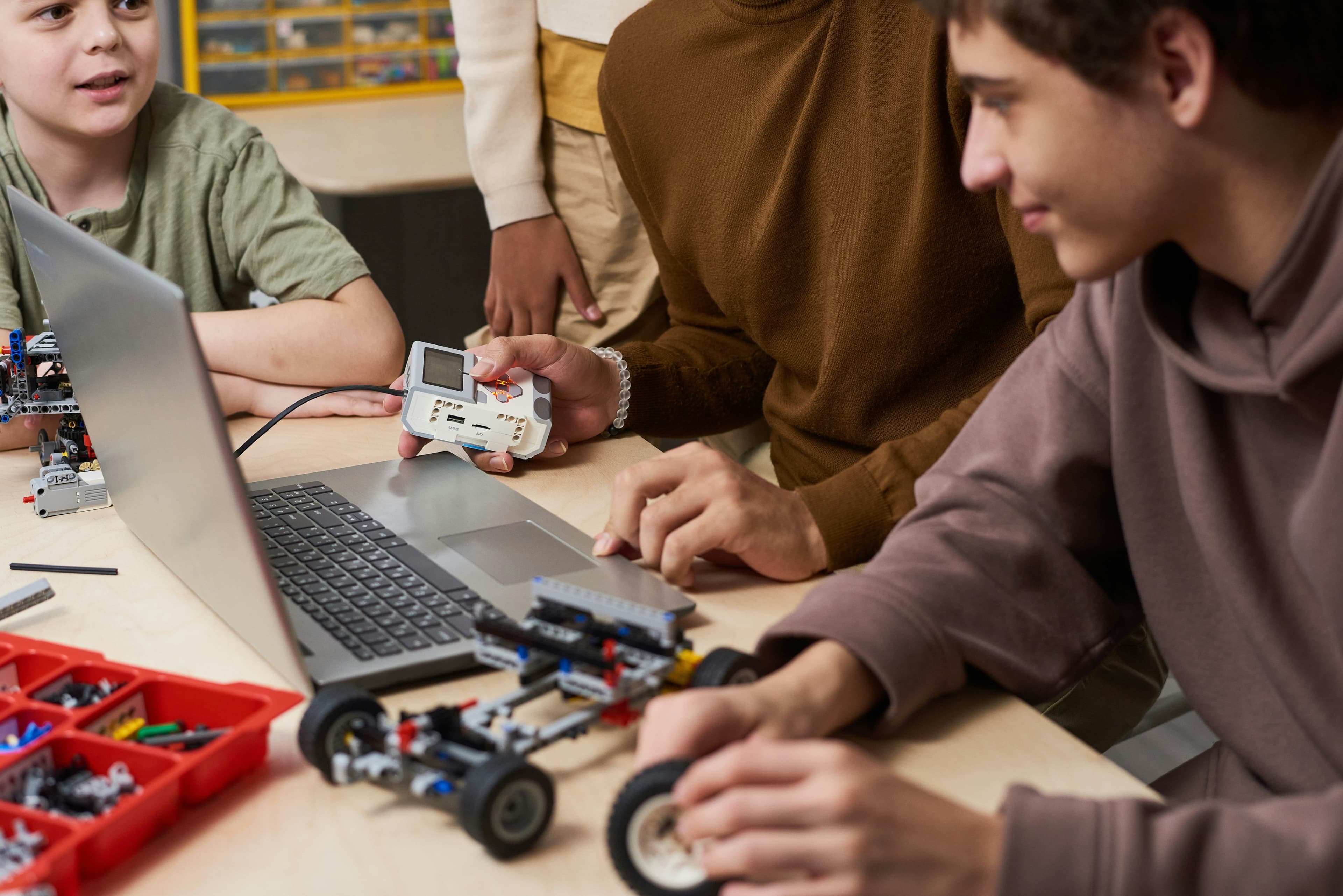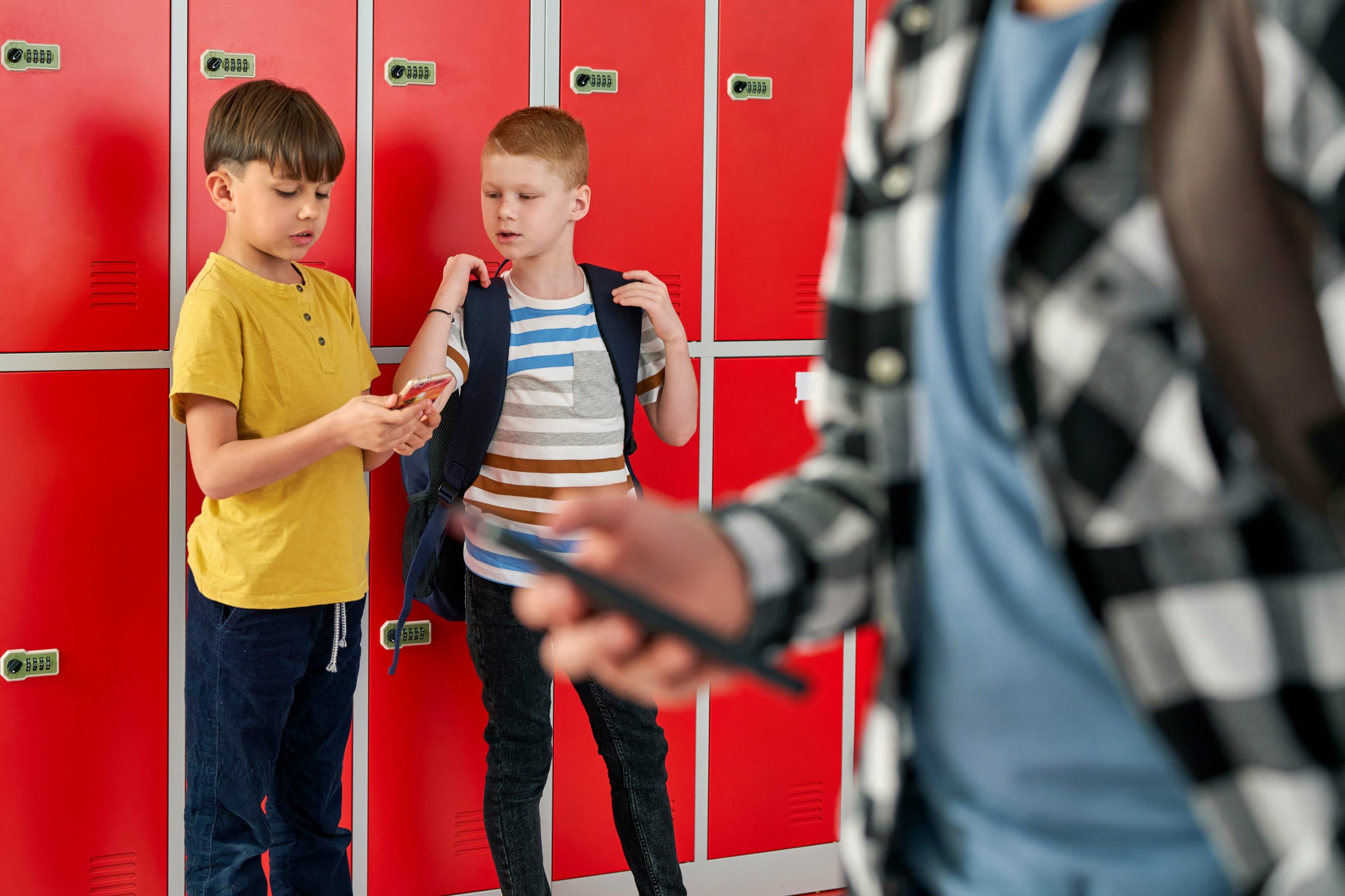
From Content Expert to Learning Coach: Redefining Teacher Identity
For many veteran teachers, myself included, shifting away from direct instruction can feel like stepping into uncharted waters. After years of mastering explicit instruction delivery, managing classroom behavior through structured routines, and ensuring content coverage with precision, it’s no small task to relinquish that sense of control. There’s a deep-seated belief that if we’re not the ones delivering the content, students might miss something essential. This belief is reinforced by high-stakes testing environments, where measurable outcomes are prioritized over process-driven learning. The psychological hurdle stems from a fear of losing professional identity- many of us were trained to be content experts, not facilitators of learning journeys.
Research in educational psychology confirms these concerns. Teachers often experience “cognitive dissonance” when asked to adopt pedagogies that conflict with their prior training and experiences (Fives and Buehl 2017). This dissonance can lead to resistance, especially when teachers feel uncertain about how to assess student learning in less structured settings. Additionally, years of teaching experience can create a comfort zone that is difficult to step out of. Change requires vulnerability, and vulnerability requires trust- both in our students and in ourselves. I remember one particular lesson on energy transfer in my 9th-grade science class where I attempted a student-led investigation model. The chaos that ensued almost made me retreat to my lecture slides the next day. But reflection and student feedback revealed that the students had, in fact, grasped key concepts more deeply than in previous, more traditional lessons.
The Payoff: Student Autonomy Builds Engagement and Mastery
Once teachers begin to see the benefits of student-led instruction, the initial discomfort often gives way to a renewed sense of purpose. When students are given agency in their learning, they become more engaged, curious, and invested. Approaches like inquiry-based learning and project-based learning encourage students to ask questions, seek out resources, and collaborate in ways that mirror real-world problem-solving. According to a study conducted by the Buck Institute for Education, students in project-based learning environments retained content longer and demonstrated higher levels of critical thinking compared to their peers in traditional settings (Condliffe et al. 2017).
When we shift from delivering knowledge to facilitating discovery, we prepare students not just to succeed in school, but to lead in their communities.
In my own classroom, I’ve seen students who barely participated in lecture-based lessons come alive during project work. One student, previously disengaged, took the lead on a community water quality analysis project, coordinating with local agencies and presenting findings to the city council. These experiences not only deepened his understanding of environmental science but also built confidence and communication skills. The shift in student behavior is not anecdotal: self-determination theory supports the idea that autonomy enhances motivation and performance (Deci and Ryan 2000). When students feel ownership over their learning, they are more likely to persist through challenges and build enduring academic habits.
Where to Begin: Small Shifts with Big Impact
Teachers don’t need to overhaul their entire instructional approach overnight. Starting small can lead to sustainable change. One effective entry point is incorporating regular opportunities for student self-reflection. Simple tools like learning journals, exit tickets, or digital portfolios allow students to consider what they’ve learned, how they’ve learned it, and what they still need to explore. These habits cultivate metacognition, which is strongly associated with improved academic performance (Zimmerman 2002).
Another gateway strategy is implementing peer-to-peer feedback protocols. Structured activities like gallery walks, peer editing, or rubric-based assessments foster a collaborative classroom culture while distributing the responsibility for learning. Student-led conferences, where learners reflect on their growth and set goals in conversation with teachers and parents, also reinforce ownership. These strategies not only build autonomy but also provide teachers with valuable formative assessment data. From experience, I’ve found that even reluctant students begin to take more initiative when they know their voice matters in evaluating their own progress.
Long-Term Benefits: Empowered Students Become Capable Citizens
The competencies developed through student-led learning (collaboration, self-direction, problem-solving) are not just academic skills; they are life skills. Employers across sectors increasingly value these attributes. A 2020 report from the World Economic Forum identified critical thinking, active learning, and resilience as key skills for the future workforce (World Economic Forum 2020). When students engage in inquiry-based projects or design their own learning paths, they practice these skills in meaningful contexts. These experiences prepare them to navigate complex systems, whether in civic life, higher education, or the workforce.
Former students often reach out to share how these early experiences in leading their own learning translated into success later in life. One former student, now a city official, credits a high school civics project for sparking her interest in municipal policy. She learned how to conduct public surveys, analyze data, and present recommendations to a local board, which are skills she now uses daily. This is not an isolated case. According to a survey by Jobs for the Future, students who experienced project-based learning in high school reported higher levels of preparedness for college and career challenges (Vasquez Heilig et al. 2021). When we shift from delivering knowledge to facilitating discovery, we prepare students not just to succeed in school, but to lead in their communities.
Final Thought: Let Go to Let Grow
If you’re a teacher standing at the edge of this pedagogical shift, consider this your invitation to start small, trust your students, and reflect often. The transition from direct instruction to student-led learning doesn’t mean abandoning your expertise; it means using that expertise to guide, coach, and inspire. The discomfort is temporary, but the impact is lasting. As educators, our ultimate goal is not to be the keepers of knowledge, but the cultivators of thinkers.
So here’s the challenge: trade your podium or 'teacher's director's chair' for a whiteboard marker and pull up a chair alongside your students. When we let go, they grow... And isn’t that why we got into this profession in the first place?
Condliffe, Barbara, et al. 2017. Project-Based Learning: A Literature Review. New York: MDRC. https://www.mdrc.org/publication/project-based-learning-literature-review.
Deci, Edward L., and Richard M. Ryan. 2000. “The ‘What’ and ‘Why’ of Goal Pursuits: Human Needs and the Self-Determination of Behavior.” Psychological Inquiry 11(4): 227–268.
Fives, Helenrose, and Michelle M. Buehl. 2017. “Teachers’ Beliefs, in Theory and Practice.” In Handbook of Teachers’ Beliefs, edited by Helenrose Fives and Michelle M. Buehl, 1–15. New York: Routledge.
Vasquez Heilig, Julian, et al. 2021. Project-Based Learning: A Promising Approach to College and Career Readiness. Jobs for the Future. https://www.jff.org/resources/project-based-learning-promising-approach-college-and-career-readiness.
World Economic Forum. 2020. The Future of Jobs Report. Geneva: World Economic Forum. https://www.weforum.org/reports/the-future-of-jobs-report-2020/.
Zimmerman, Barry J. 2002. “Becoming a Self-Regulated Learner: An Overview.” Theory into Practice 41(2): 64–70.
More from Education
Explore related articles on similar topics





